Our religion and who we are as peace practitioners: a case of identity crisis
Sheku Anna Chundung
Project Coordinator
Youth Initiative Against Violence and Human Rights Abuse (YIAVHA) Nigeria
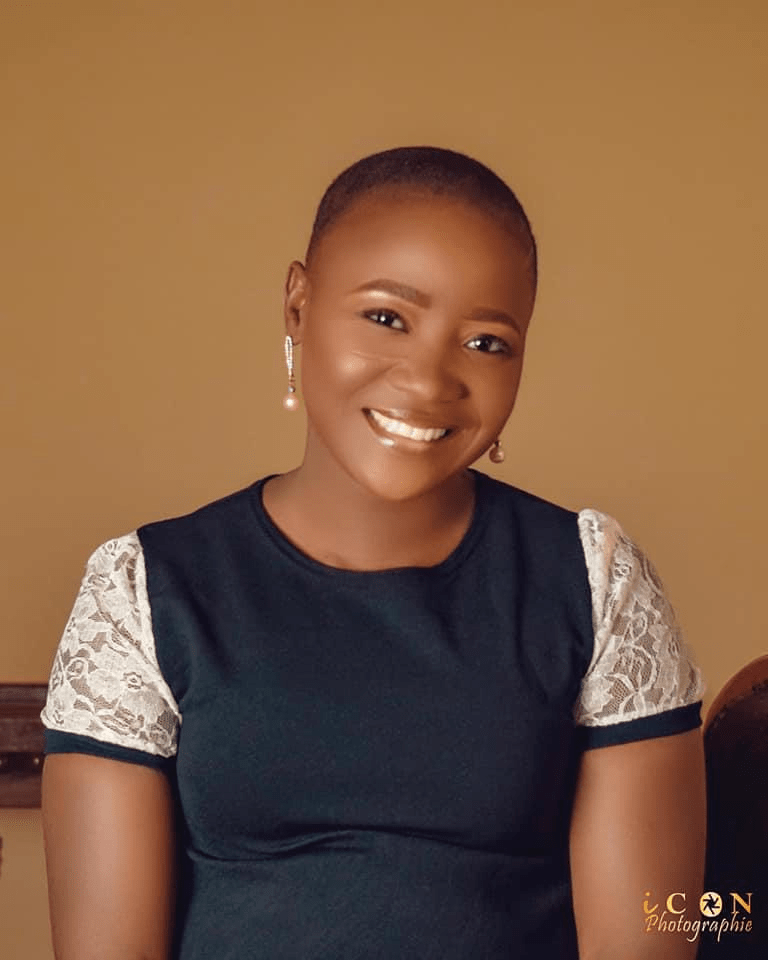
2018 was a year of struggle for me as an early-career peace builder, coming to terms with interfaith dialogues had me struggling with my identity as I lived daily in communities segregated along ethnic and religious lines.
The crisis began in 2001 in the location known as the home of peace and tourism, Plateau State, the north central region of Nigeria. It has been a long walk since then in the conflicts that took a religious coloration, with a spice of ethnic and economic patterns, which then brought about the demonization of some ethnic groups. Although we could hear people talking about the “farmer” and the “herder” conflict, in reality we knew these terms referred to Christians and Muslims respectively.
Although we could hear people talking about the “farmer” and the “herder” conflict, in reality we knew these terms referred to Christians and Muslims respectively.
One could hope that by 2018 the sound of gunfire in our communities would have been a thing of history, due to the intense efforts put in place by government, local nongovernmental organizations and donor agencies to rebuild the once-peaceful communities – but it was there that I met my crossroad. The crisis broke out. The war came to my doorstep. I counted my losses: the loss of a brother, the loss of my farm, and so much more on the list which questioned my identity as a person and a peace builder.
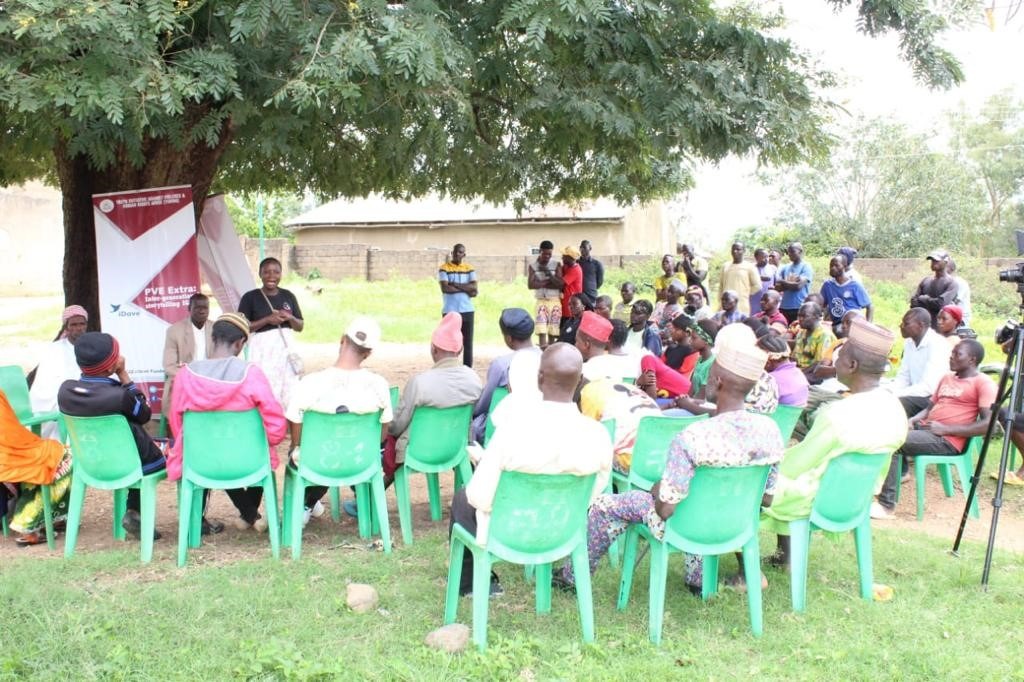
Struggling with understanding who I was at that time, I sought a path of self discovery. I was left with the option of becoming as radical as my peers at the time, who understood the language of vengeance and extremism as a protection. In my struggle I found a glimpse of hope after my interaction with the wider world through the iDove intervention, where I found what I was truly called to be as a peace builder.
I took a path of interfaith and intercultural dialogues using intergenerational storytelling as a strategy of reaching out to young people who are seen as drivers of conflict. But I still lacked the self confidence of even knowing how to introduce myself while on the job, fearing how I might be judged – on my religion, my ethnic group, or something else. I wanted peace, but this fear challenged my belief that peace could be possible again, and relationships established again. This fear even made me question the path I had chosen.
In the course of my work, I found broken youths like myself who were counting their losses but taking the path of extremism to find solace, giving different meanings to religion and using it as a tool for violence. It was evident that illiteracy in the context of the conflict was great. As Sheikh Mohamad Abou Zeid believes that only by understanding the perspective of others can meaningful conflict transformation take place, the intergenerational dialogue through storytelling gave young people a new perspective to the conflict. It helped us build bridges that were broken, by opening up communities segregated by the conflict, and giving a new meaning of pluralism to us.
In the course of my work, I found broken youths like myself who were counting their losses but taking the path of extremism to find solace
The model, which was developed by the Youth Initiative Against Violence and Human Rights Abuse (YIAVHA), has been used as a tool for religious dialogue to suit local communities according to their needs. Although the model focuses on religious dialogue amongst youths and the elderly in the community, it has adopted a climate and economic component to further build and empower communities.
I look at myself today and I am grateful that my identity crisis didn’t hold me back from giving a new perspective to peacebuilding in communities, especially when it comes to religion. As according to Greg Beale “What people revere, they resemble, either for ruin or for restoration.”
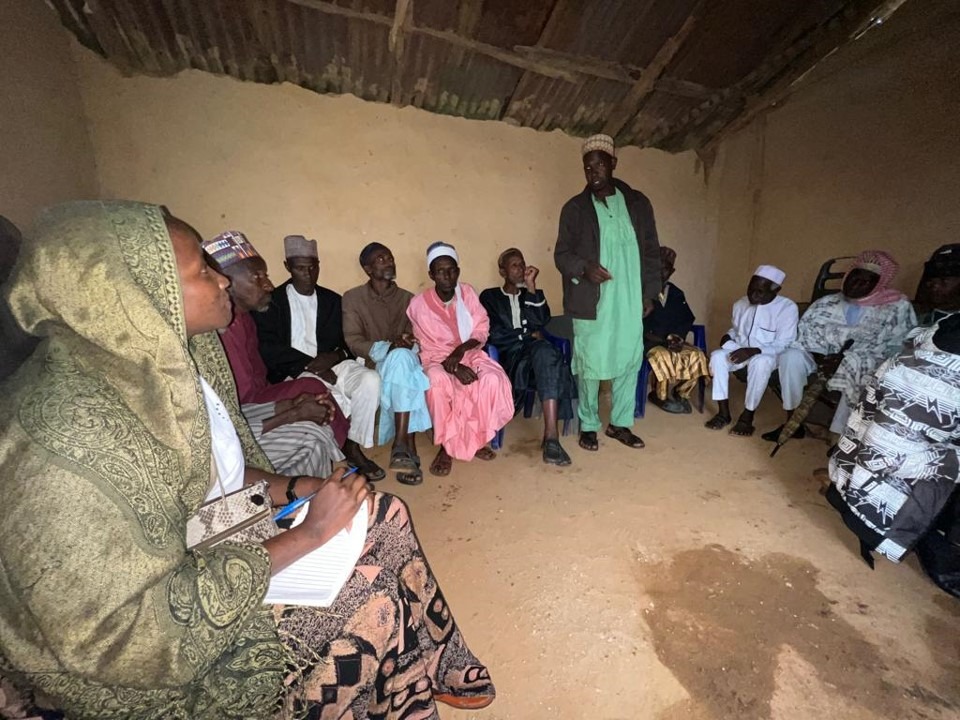

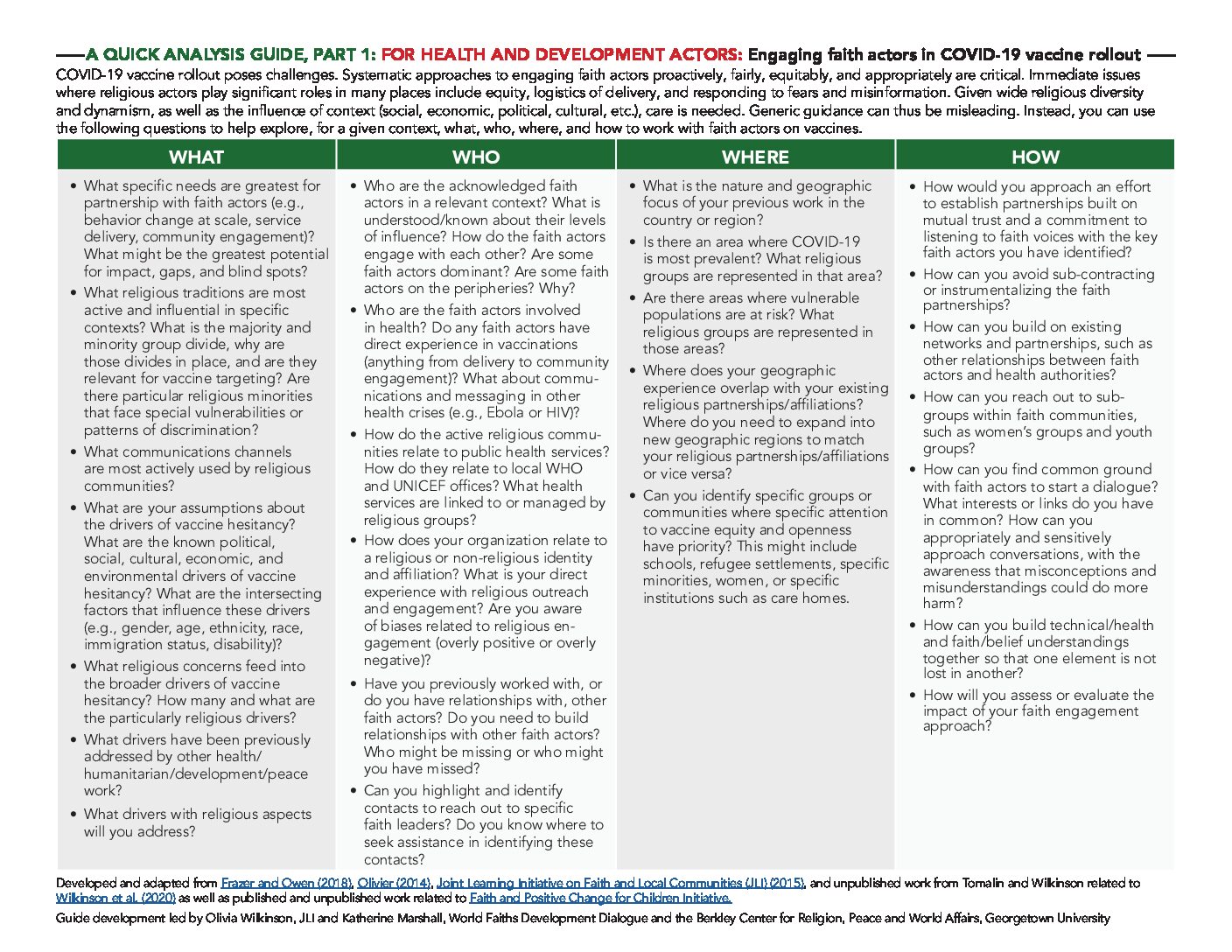
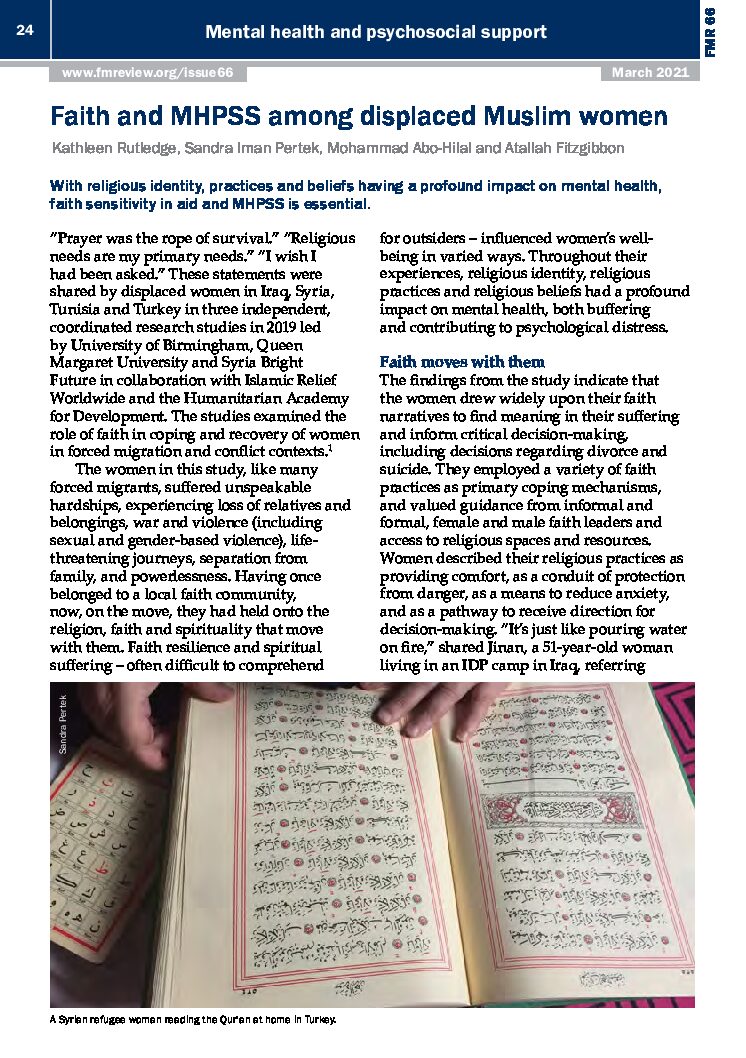
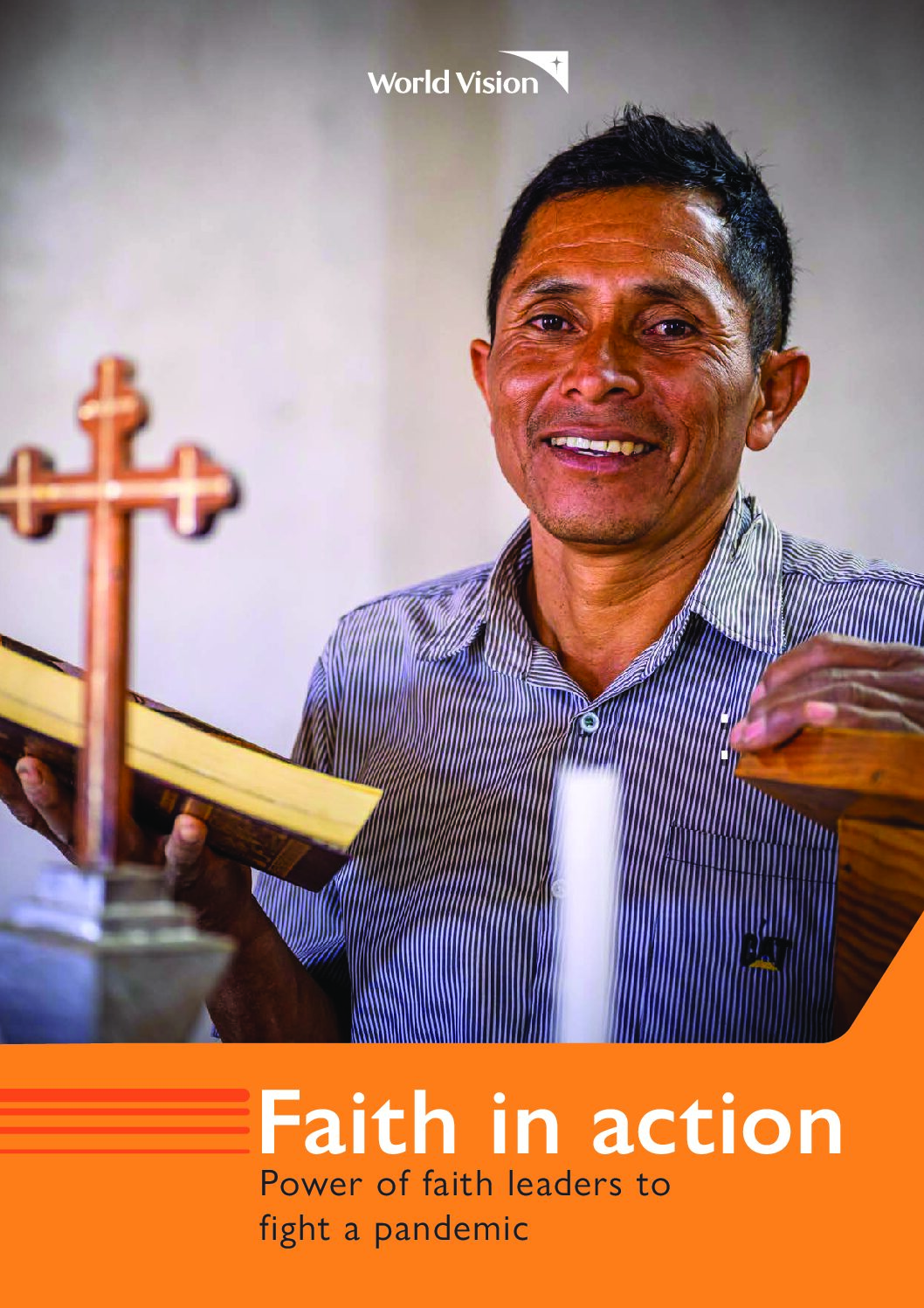
Congratulations dear Chundung Sheku. We are so glad to hear your story of resilience. Better years ahead.
I quite agree that the crisis being experience in Nigeria that has been giving different narration by different civil society organization is really is religiously instigated and that is solely the problem of identify crisis.
Most Nigerian religious people depend on their spiritual heads for interpretation and understand of what their religion is all about, and that’s where they become vulnerable as followers, because they don’t take time to understand what the Holy Books are saying about their personalities and code of conduct.
Hence, they depend on the interpretations of their spiritual heads who often mislead them with the sermons.
It’s therefore necessary for every follower of any religion to deal with this identify crisis internally by understand that we are humans first before any religious affiliation, that will guide us in relating with people from different religion.
No religion in the world preaches violence openly to it’s followers, as every religion claims to propagate peace and not violence.
In conclusion, when the fellowers make it a point of duty to deal with the identify crisis internally, it will go a long way to promote the peace building process.
A bold step towards attaining peace. Well done
Highly commendable, keep up the good work
This is an amazing piece, I must say its timely!
Comment *